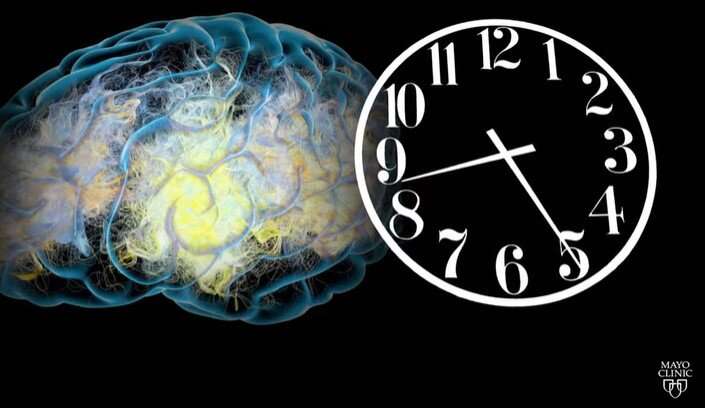Does the daylight saving time change disrupt your health?

Daylight saving time ends on Nov. 6 in the U.S. and Canada, meaning clocks are set back one hour. But does gaining or losing an hour of sleep affect a person's health?
The spring forward, fall back seasonal time change can disrupt the body's biological clock, says Dr. Lois Krahn, a Mayo Clinic sleep medicine expert.
The human brain has a circadian or biological clock that runs on a 24-hour cycle.
"Humans do best if our schedule is consistent, and we go to bed at the same time and get up at the same time each night, day after day, because that's when our clock is really optimized," says Dr. Krahn.
The clock change from daylight saving time to standard time can affect a person's ability to concentrate or pay attention to detail.
"Studies done on different continents show that the rate of motor vehicle accidents increases after the clocks change in many different parts of the world," says Dr. Krahn.
Along with a clock change comes less sunshine. If you struggle with darkness, Dr. Krahn suggests turning on the lights when you first wake up and consider a light box.
Getting exercise is another way to adjust to the change, says Dr. Krahn.
"Exercise helps signal to the body that it's time to get going in the morning. Also, live as healthy a lifestyle as possible."




















